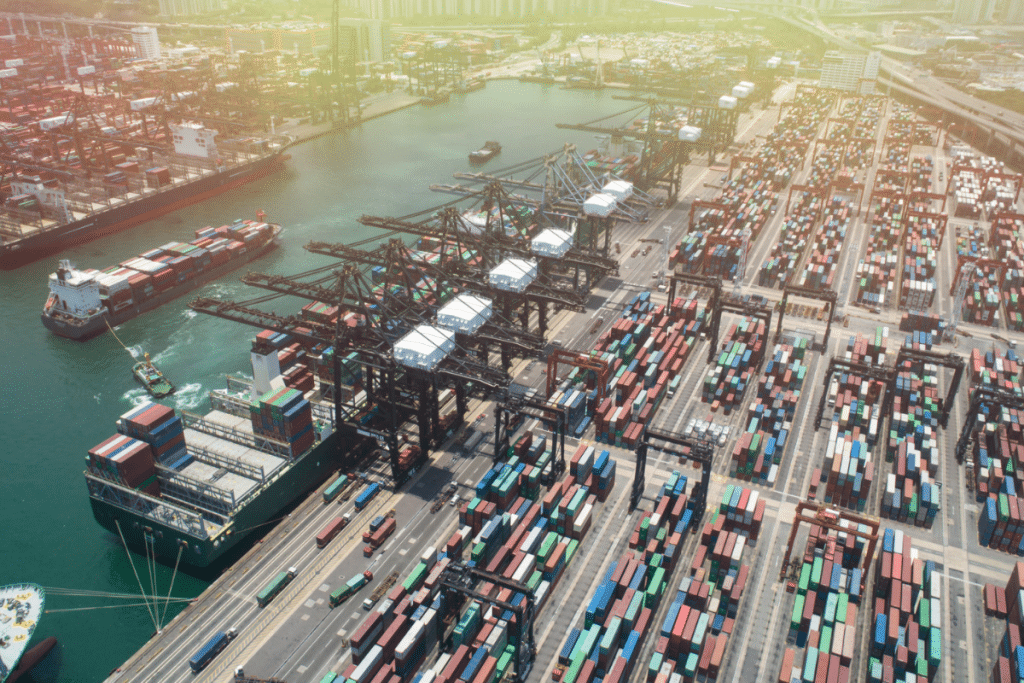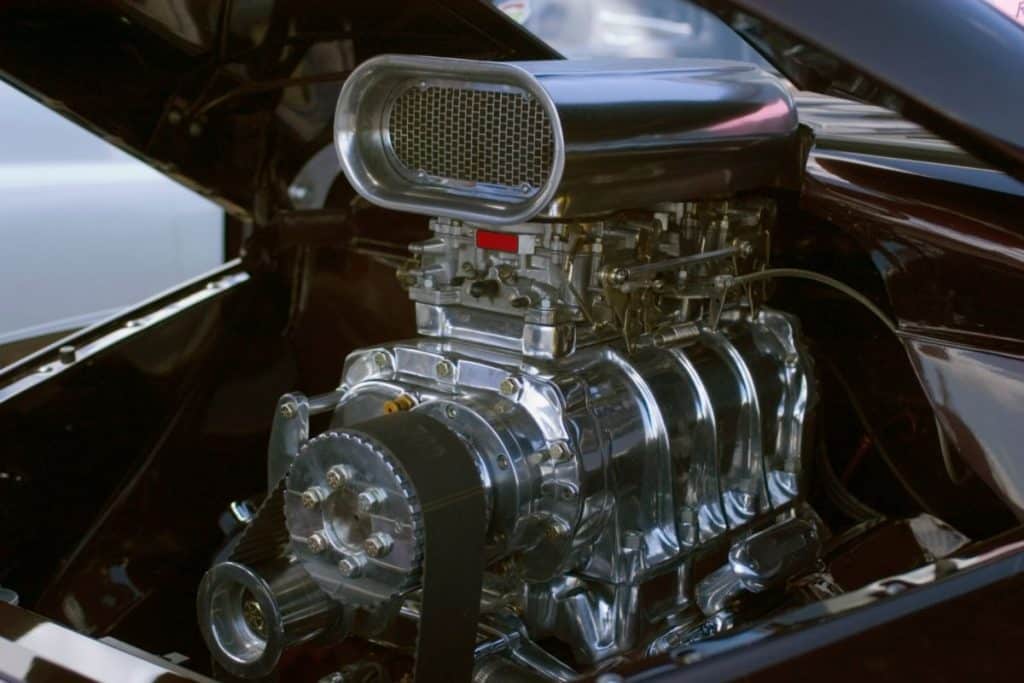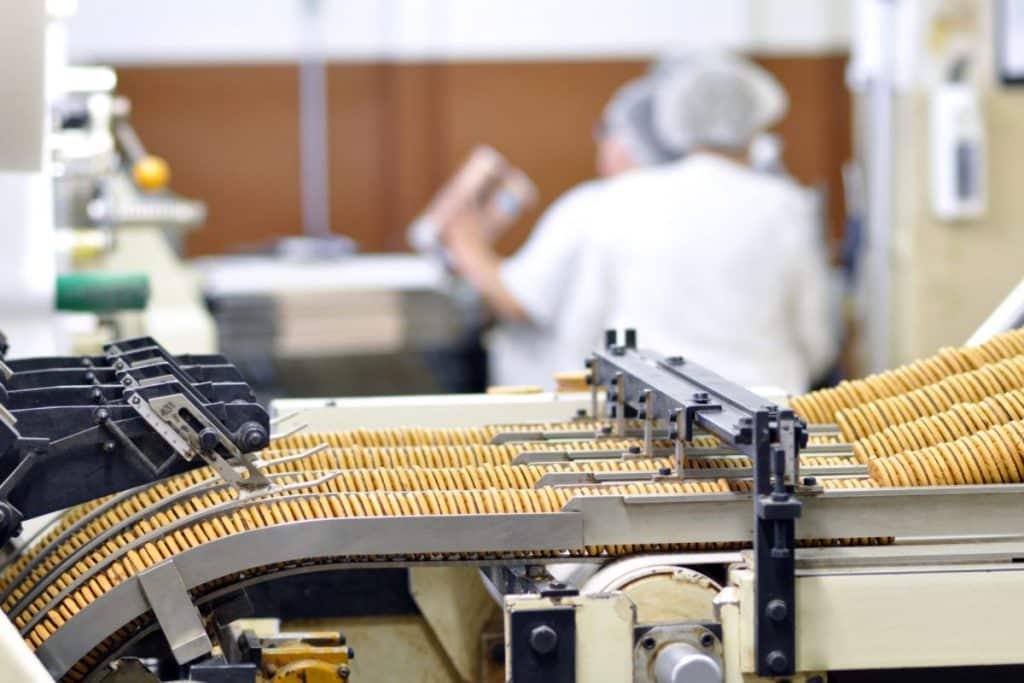Tracking Landed Costs with Enterprise Resource Planning
Your company must track and manage its landed costs to remain competitive in the complex logistics environment. Tracking landed costs ensures companies dealing with imported materials for manufacturing know their total costs, improving profitability and price margin determination. Integrating the right ERP solution will help manufacturers and distributors calculate landed costs more efficiently. Here is […]
Tracking Landed Costs with Enterprise Resource Planning Read More »









